Pascal Houangni Ambouroue, the Gabonese Minister of Petroleum gives a run down on Gabon's footprint.
Gabon is among the top five oil producers in Sub-Saharan Africa and has been an oil producer for more than 50 years - Pascal Houangni Ambourouet, the Gabonese Minister of Petroleum gives a run down on their footprint.
Gabon reached its peak 12 years ago when oil production reached 370,000 barrels per day, to its current level of 200,000 barrels a day. To combat the natural decline of mature fields, the government has focused its attention on offshore resources which account for more than 70 per cent of the reserves.
Under the current code, Gabon takes a minimum 20 per cent stake in oil projects, while Gabon Oil Company (GOC), the state oil company, is entitled to a further 15 per cent stake. Like other oil-dominated economies of the Economic Community of Central African States’ single-currency zone, Gabon has struggled due to the decline in crude prices, forcing it to seek support from the International Monetary Fund (IMF) last year.
“Gabon is one of the safest oil producing countries in Africa and has been for a long time,” Pascal Houangni Ambourouet, the Gabonese Minister of Petroleum said. “At the moment most of the oil wells that are producing are mature, which is why the Gabonese Government has put in place a set of measures such as the revisions to the Hydrocarbon Code to improve production from these mature wells and also encourage exploration and discovery of new oil in deep-water offshore.”
“This will also stimulate the entry of new players with the major companies now focussed on deep waters for production of oil and gas. Ongoing prospecting shows that Gabon has very good resources in terms of oil and gas for the future.”
As is common in most of Africa’s oil and gas producing regions, the government is seeking to support local small and medium-sized enterprises (SMEs) that provide services to multinationals along with increasing the employment and training of nationals. One of the tools being utilised is the creation of a special economic zone (SEZ). “The existence of this special economic zone is very important to support the industries that will build up around oil and gas exploration, and this activity will also support the development of the country and it is important that we have a dedicated economic zone to support this. A strong economic base will arise from these areas” Ambouroue added. “We are very aware that oil and gas is important to the economic development of the country and we are implementing several areas of improvement in Gabon that will allow the people to benefit from the increase in activity that we are planning.”
“The focus has also shifted to deep water because we now have the understanding from the experience gained in countries like Angola and Brazil,” Ambouroue concluded. “Gabon has a lot of challenges to come in this area and we need to find partners in order to develop these resources and that is why we are putting things together to make sure we can exploit these resources.
“I would like to assure all oil and gas investors that Gabon is, and will remain, a very stable country for them. We are working together to ensure that the structure is in place, and that security is high so that everyone remains safe. The new policy of the Gabon head of state is to create a win-win environment with equality of opportunities for everyone in the country. The benefits of growth will be a better shared amongst everyone in the years to come.”
Gabon reached its peak 12 years ago when oil production reached 370,000 barrels per day, to its current level of 200,000 barrels a day. To combat the natural decline of mature fields, the government has focused its attention on offshore resources which account for more than 70 per cent of the reserves.
Under the current code, Gabon takes a minimum 20 per cent stake in oil projects, while Gabon Oil Company (GOC), the state oil company, is entitled to a further 15 per cent stake. Like other oil-dominated economies of the Economic Community of Central African States’ single-currency zone, Gabon has struggled due to the decline in crude prices, forcing it to seek support from the International Monetary Fund (IMF) last year.
Oil pedigree
“Gabon is one of the safest oil producing countries in Africa and has been for a long time,” Pascal Houangni Ambourouet, the Gabonese Minister of Petroleum said. “At the moment most of the oil wells that are producing are mature, which is why the Gabonese Government has put in place a set of measures such as the revisions to the Hydrocarbon Code to improve production from these mature wells and also encourage exploration and discovery of new oil in deep-water offshore.”
“This will also stimulate the entry of new players with the major companies now focussed on deep waters for production of oil and gas. Ongoing prospecting shows that Gabon has very good resources in terms of oil and gas for the future.”
Making it local
As is common in most of Africa’s oil and gas producing regions, the government is seeking to support local small and medium-sized enterprises (SMEs) that provide services to multinationals along with increasing the employment and training of nationals. One of the tools being utilised is the creation of a special economic zone (SEZ). “The existence of this special economic zone is very important to support the industries that will build up around oil and gas exploration, and this activity will also support the development of the country and it is important that we have a dedicated economic zone to support this. A strong economic base will arise from these areas” Ambouroue added. “We are very aware that oil and gas is important to the economic development of the country and we are implementing several areas of improvement in Gabon that will allow the people to benefit from the increase in activity that we are planning.”
Gabon Seismic survey
The shallow offshore waters of Gabon have been explored for more than 50 years, highlighting the potential for oil discoveries. However, exploration of the more complex, salt-obscured geological structures requires an advanced support that only modern, regionally consistent 3D seismic data can provide. Such support was the objective of a large-scale 3D seismic programme created through collaboration between Spectrum Geo and the Gabonese Hydrocarbon Authorities, Direction Generale des Hydrocarbures (DHG).“The focus has also shifted to deep water because we now have the understanding from the experience gained in countries like Angola and Brazil,” Ambouroue concluded. “Gabon has a lot of challenges to come in this area and we need to find partners in order to develop these resources and that is why we are putting things together to make sure we can exploit these resources.
“I would like to assure all oil and gas investors that Gabon is, and will remain, a very stable country for them. We are working together to ensure that the structure is in place, and that security is high so that everyone remains safe. The new policy of the Gabon head of state is to create a win-win environment with equality of opportunities for everyone in the country. The benefits of growth will be a better shared amongst everyone in the years to come.”



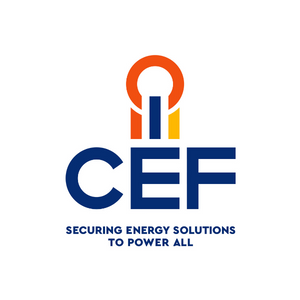
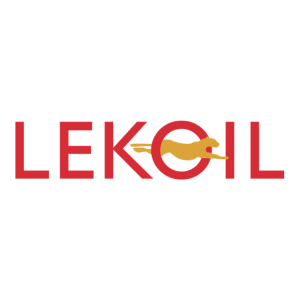
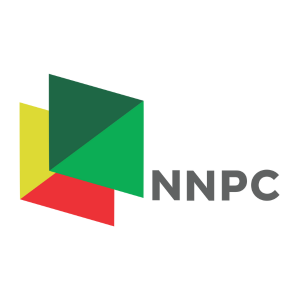
_weblogo_2.png?ext=.png)
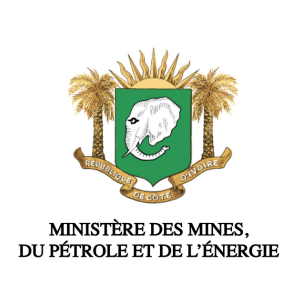

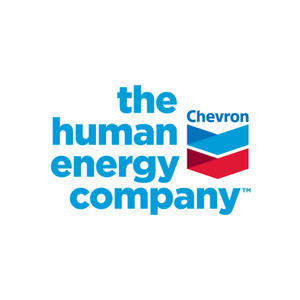

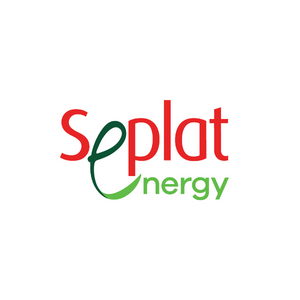



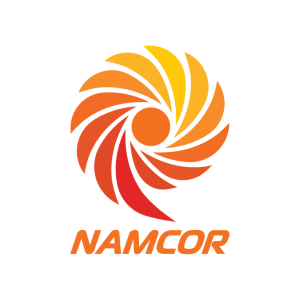
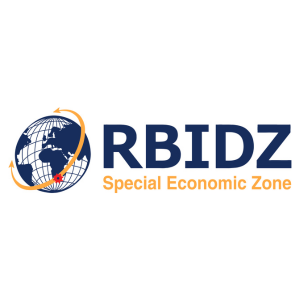

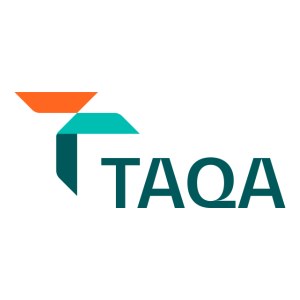
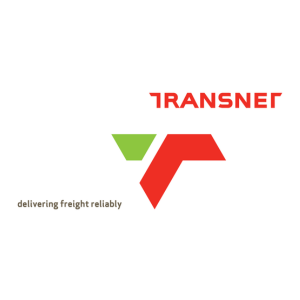

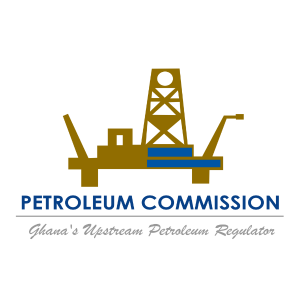
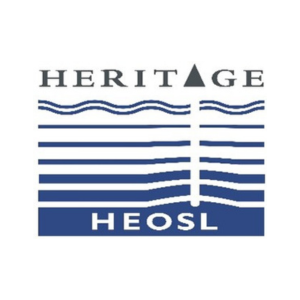
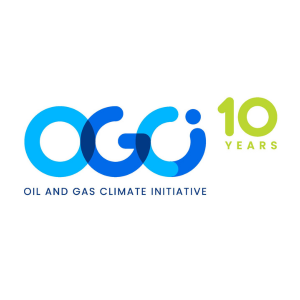
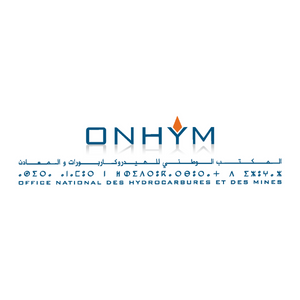
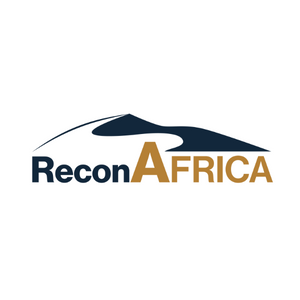
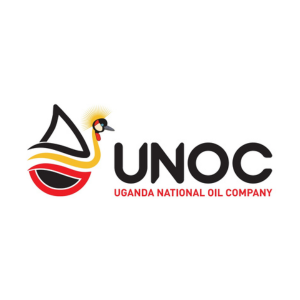
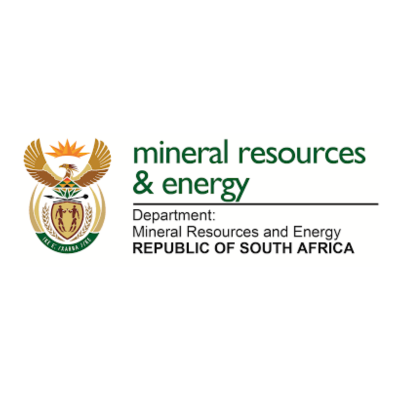
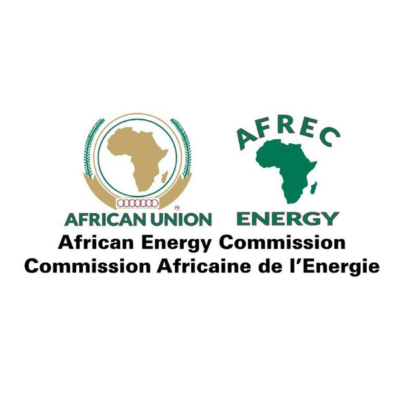
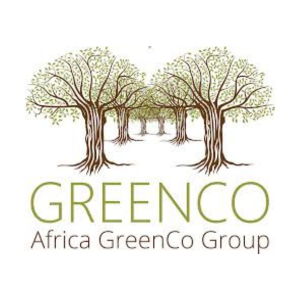
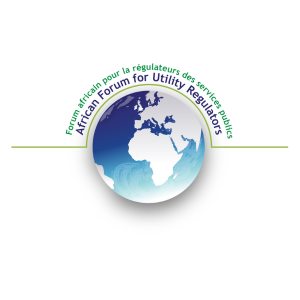
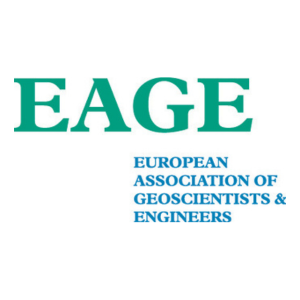
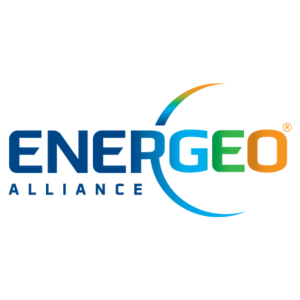
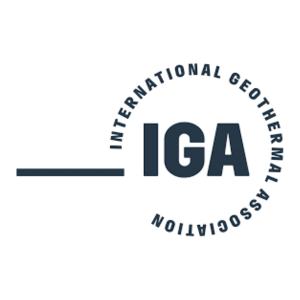
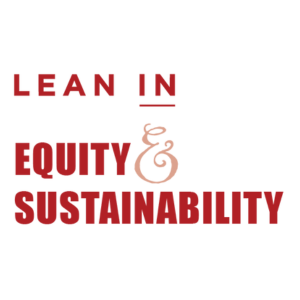

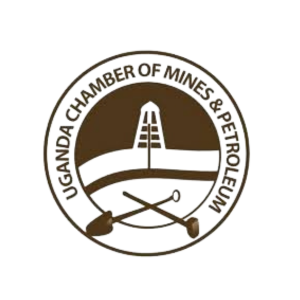



.jpg?ext=.jpg)
